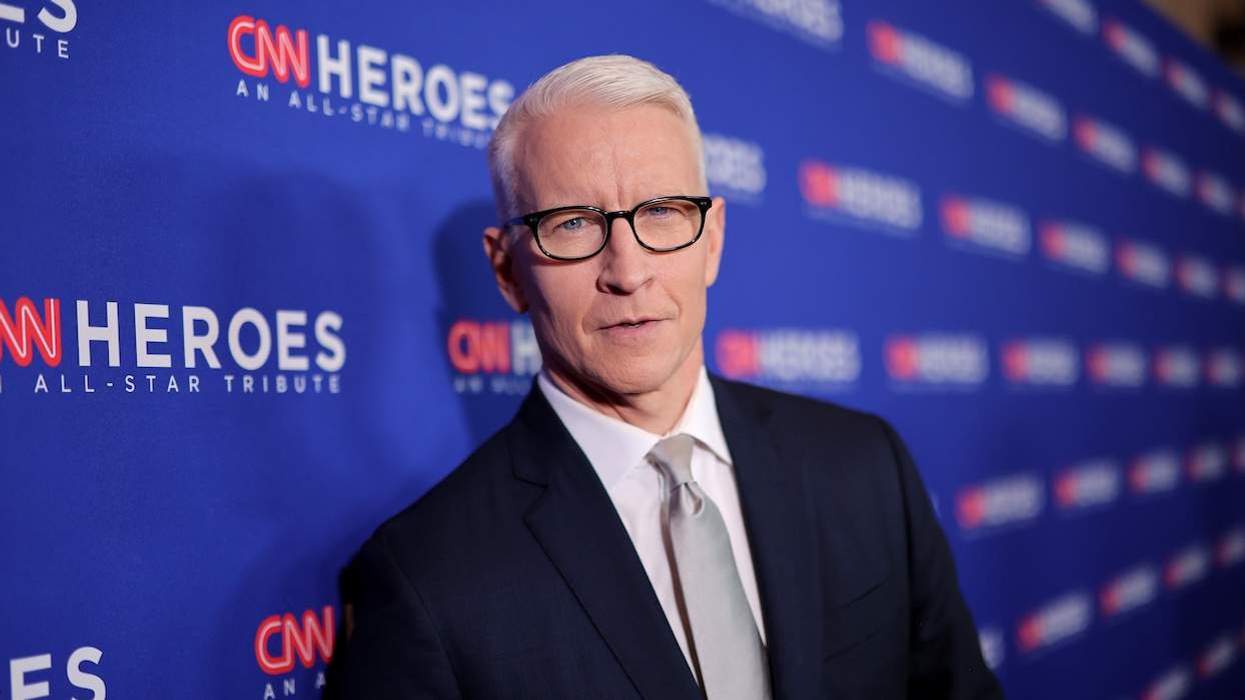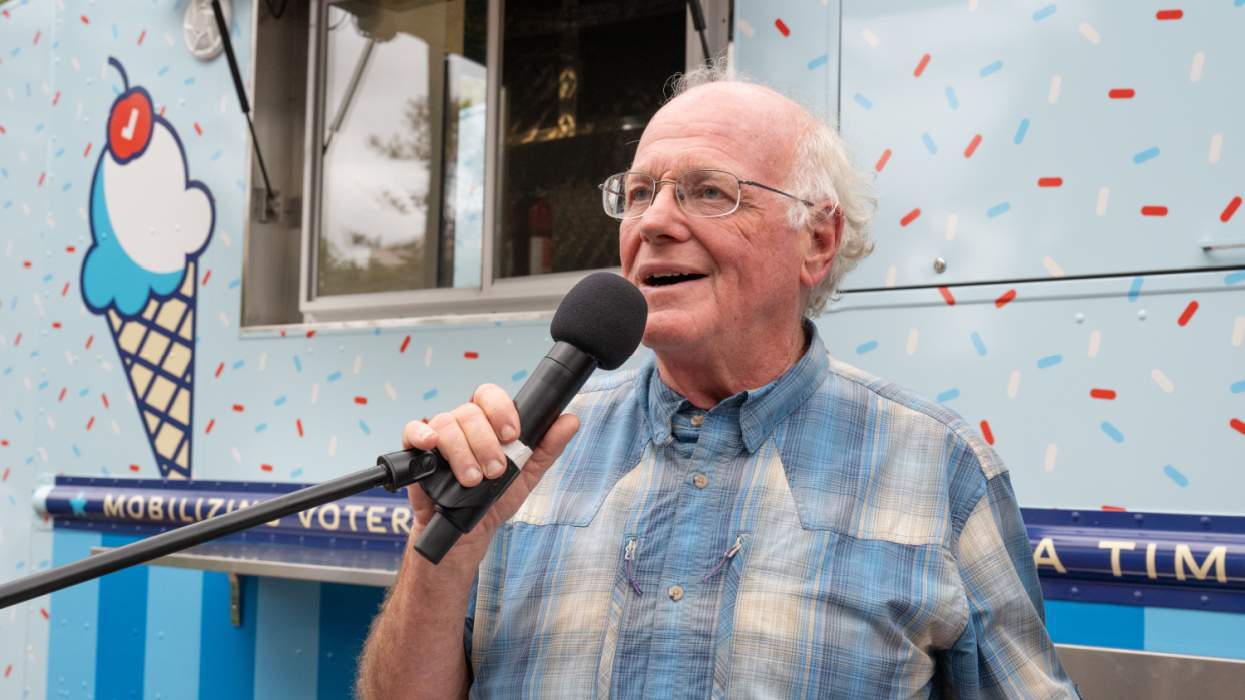A dozen video creators are suing YouTube and its parent company Google for discriminating against LGBTQ content.
The class-action lawsuit, which was originally filed in August and recently joined by four more plaintiffs, claims that YouTube's algorithm both age-restricts the creators' videos and categorizes them as inappropriate for advertisers based on their LGBTQ content.
"Videos that include anything that might be deemed objectionable are flagged by YouTube as 'not suitable for most advertisers' and thus demonetized, preventing many creators from making money from their work," wrote one of the new plaintiffs, independent filmmaker Sal Bardo, on HuffPost last year.
"Advertisers absolutely have the right to decide where, when, and to whom their content is shown. But YouTube's draconian new policies are too broad, allowing LGBTQ videos of even the most benign nature to get swept up in the process," wrote Bardo.
Bardo pointed out that his "It Gets Better" video, which was specifically aimed at kids and teens who might be going through a hard time, has been restricted -- meaning the very people who could benefit from it might not be able to watch it.
The new plaintiffs also include Saturday Night Live associate producer Greg Scarnici and Stephanie Frosch, a Shorty Award finalist with more than 400,000 subscribers.
"I 100 percent understand filtering things that are inappropriate for kids," said Frosch in a video posted in 2017. "What I don't get is labeling an entire minority as inappropriate."
In March 2017, YouTube released an official statement admitting that "our system sometimes make[s] mistakes in understanding context and nuances when it assesses which videos to make available in Restricted Mode." It noted that the official video for Tegan and Sara's "BWU" and a coming-out story were among those that had been flagged by the algorithm.
The statement also says that the company will take action to change the automated system.
"We do not automatically demonetize LGBTQ content," said YouTube CEO Susan Wojcicki said in an interview this year. "We work incredibly hard to make sure our systems are fair."
But the plaintiffs in the case say their videos are still being demonetized and age-restricted.
"I think YouTube are scared that advertisers will leave and, because they think LGBT is controversial, they are trying to nip it in the bud," said YouTuber Bria Kam in an interview with The Guardian in August.
The first plaintiffs in the case, Chris Knight and his husband, Celso Dulay, say they took action after they were told by a manager at a YouTube call center that their content was not suitable for promotion "because of the gay thing."
"The recording they made of the phone call is a key piece of evidence in the case," The Guardian reports.
Google has also faced criticism in the past for automatically flagging LGBTQ content as inappropriate. In 2014, The Advocate reported that Google's autocomplete search still treated the word "bisexual" as if it were an expletive or porn-related.















Charlie Kirk DID say stoning gay people was the 'perfect law' — and these other heinous quotes
These are some of his worst comments about LGBTQ+ people made by Charlie Kirk.